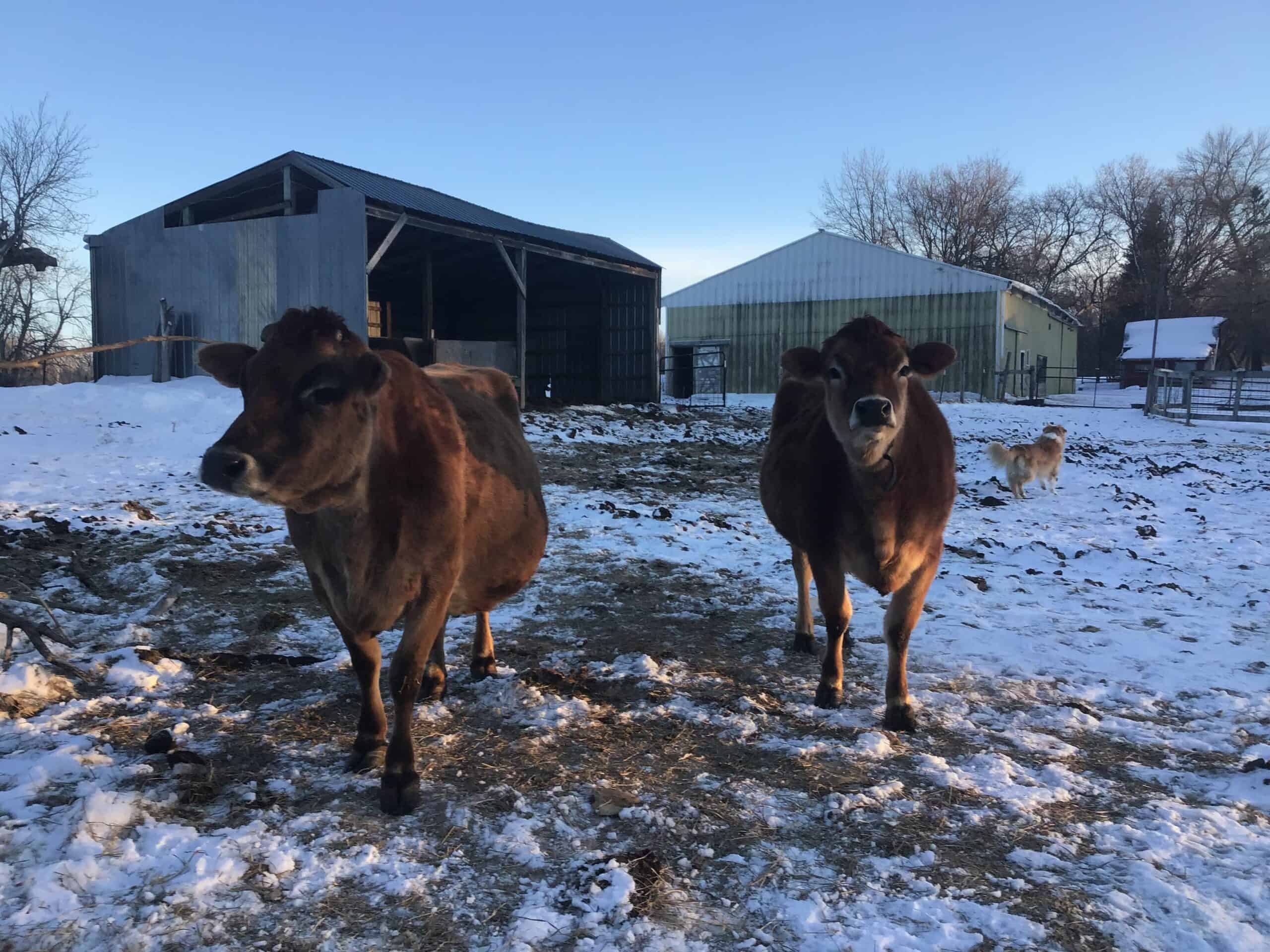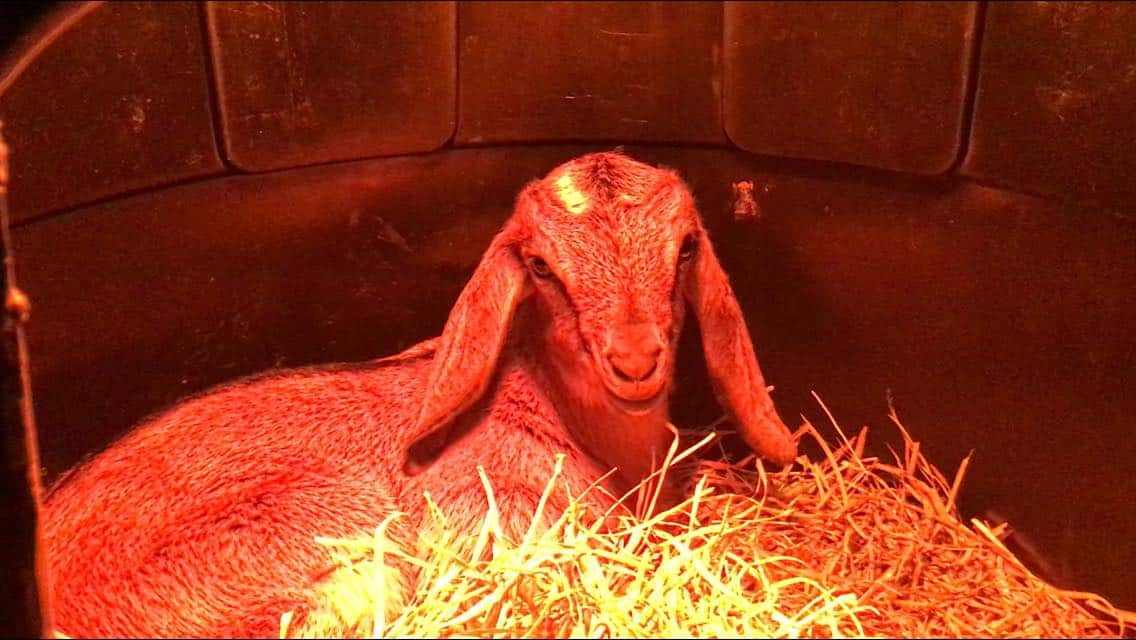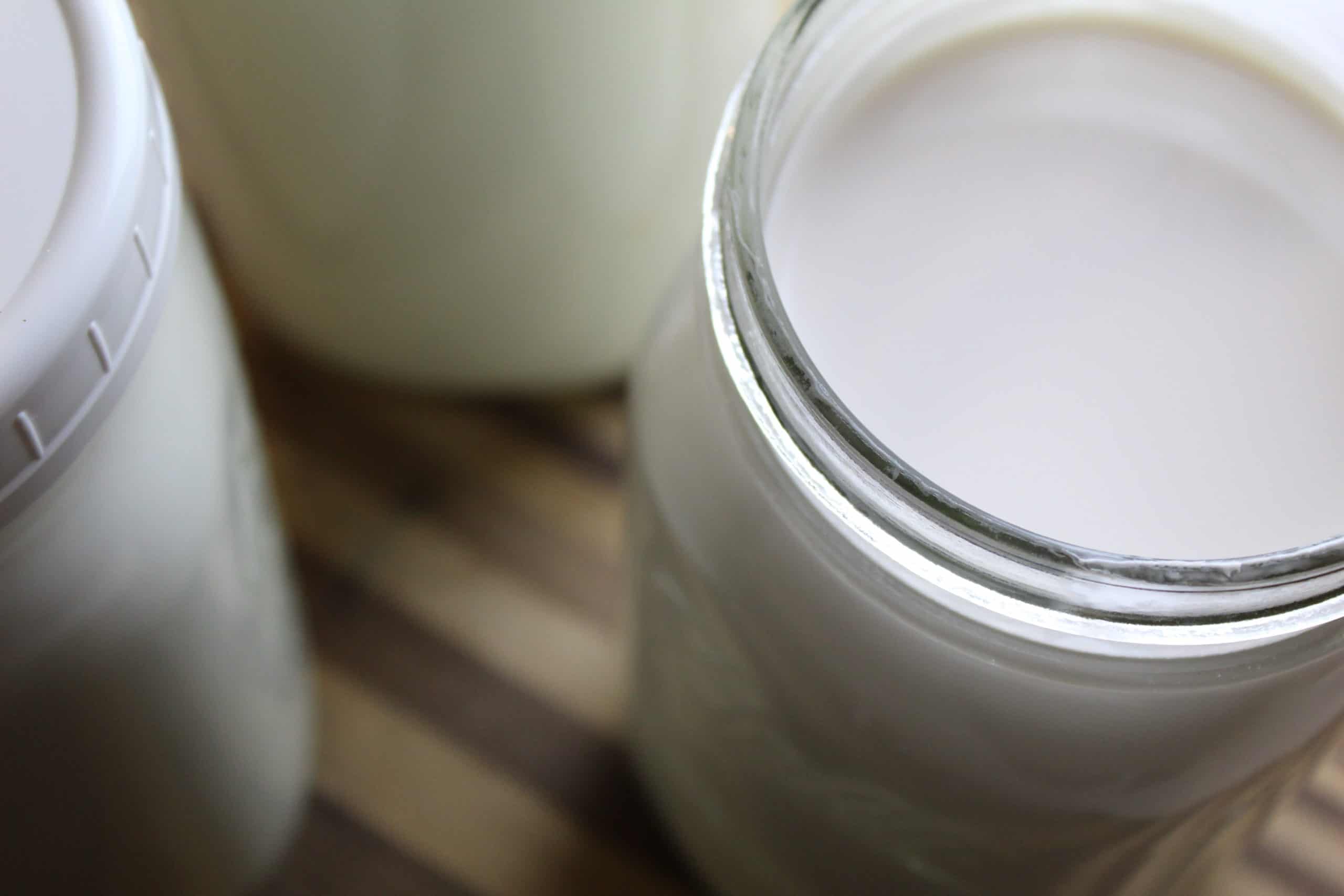Pros and Cons of Guinea Fowl
This year my husband decided to expand our poultry flock by adding a half dozen guinea hens to the mix. After seven months with these critters I am prepared to offer up the pros and cons of guinea fowl.
What are Guinea Fowl?
These birds originated in Africa and are members of the pheasant family.
They have large, oblong shaped bodies with a scrawny neck and naked head.
There are seven types of Guineas. You are most likely to see the Pearl Guineas which are beautiful gray and white spotted. White Pearl guineas are a variation on the Pearls, with just plain white feathers.
They are known for being excellent foragers and pest control on farms as well as tasty game birds.
What are the Pros and Cons of Guinea Fowl?
Pros
- Pest Control. One of the first things you’ll read about Guineas is how well they manage ticks, grasshoppers, and other unwanted bugs.
- Less Scratching. Chickens will quickly tear up a garden but apparently Guineas will pick their way through without making a mess. We keep our garden fenced so I can’t confirm or deny this one.
- Protective. Both a pro and a con, Guineas will let you know if ANYTHING out of the ordinary is going on. I can putz around down by the barn all day and they stay pretty quiet. My dad came to help with a project and they squawked pretty much non stop while he was here.
- Unique. I must admit they are interesting looking buggers who remind me of footballs with legs as they scurry around the farm. They also come in a few breeds of varying colors that are fun to look at.
- Meat Quality. We have a small flock of Guinea Fowl so we have no intention of eating them. Apparently, however, younger birds are on par with a good pheasant and Modern Farmer has them listed as the fourth most popular poultry in the United States.
- Keet Value. If you sell straight run chicks you will maybe get two bucks a chick. Keets, if you can hatch them yourself, can be sold anywhere in our area from $5-7.

Cons
My con list is going to be longer than my pro list, which might be an indicator of how I’ll be answering the next question of whether I’d get them again or not.
- Loud. Guineas are definitely not suited for an urban homestead or backyard. These noisy critters put our roosters to shame.
- Lower Egg Production. We got our guineas the same time as our spring chicks. The chicks are laying eggs like crazy but the Guineas have yet to start, and likely won’t until they are a year or older. When they o start laying the eggs are half the size and
- Protective. This is both a pro and a con. These birds will alert to anything unusual going on. It’s good in some ways, but also downright obnoxious. Anything different than our standard chore routine and our Guineas go absolutely bananas.
- Roosting Unpredictably. Before we brought our keets home I read that if raised with chickens from a young age, they will return to the coop at night with the chickens. We raised ours from bitty babies along with our chickens. Yet every night when we go to close up the chicken coop, all the guineas are hanging out on the fence instead of inside. They aren’t too difficult to herd in, but it is annoying. Especially when we have farm sitters. Rather letting the chickens out while we are gone and having the farm sitters just close the door, we keep all the poultry locked up so they don’t have to wrangle guineas (who would probably yell at them) into the coop at night.
- Not Into Nest Boxes. Even more than young chickens, Guinea Hens don’t readily use nest boxes for laying eggs. They’ll plop them in bushes and hidden places but they don’t seem to naturally want to lay eggs in them.
- Tough to Hatch Naturally. As our Guineas are too young to lay yet, this con comes from Gail Damerow’s Hatching and Brooding Your Own Chicks. She explains that the birds will save up 20-30 eggs before setting them. She also says the moms are highly sensitive and will easily abandon their nests
- Diggers. Our chickens will scratch up a nice little dust bath for themselves, sure. Guineas on the other hand will dig a straight up pit for taking dust baths. Check out the YouTube video below.
Who are Guinea Fowl Good for?
I’d say the ideal farm for Guinea Fowl is one with out too close of neighbors, for the noise factor. If you have a lot of woods or fields that need some bug population control, especially ticks, they might be a good option.

Would I get Guinea Hens Again?
No. While guineas might be the poultry for some farmers or homesteaders they are not the bird for me.
Our property is small enough that our free range chickens do a pretty decent job of keeping down bugs. Despite being in Minnesota tick country, we don’t have a lot of those.
Watch and Learn
Still weighing the pros and cons of guinea fowl? See our guineas in action on the homestead.
Pin it for Later








